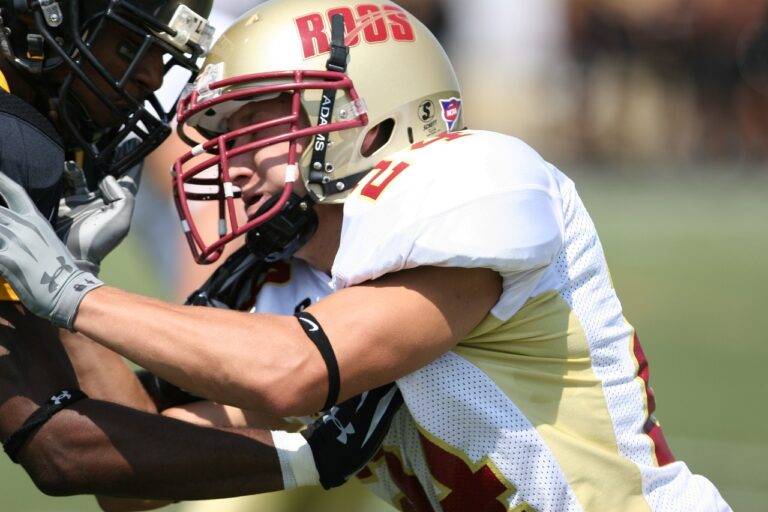Ensuring Gender Equality in IPL: Legal Perspectives: Laser247, Gold365, 11xplay
Laser247, Gold365, 11xplay: Female players in the IPL often struggle with lack of opportunities and exposure compared to their male counterparts. The limited number of teams with female players and the lower frequency of matches means that female players have fewer chances to showcase their skills and progress in their careers. Additionally, the disparity in resources and support between female and male players can hinder the development of female players in the league.
Furthermore, the societal stereotypes and prejudices against female athletes play a significant role in the challenges faced by female players in the IPL. The lingering belief that sports are primarily a male domain can lead to unequal treatment, lack of recognition, and underestimation of the abilities of female players. This bias can create a hostile environment for female players, impacting their confidence, motivation, and overall performance in the league.
The legal framework for gender equality in sports
Gender equality in sports is a fundamental principle that is enshrined in various international conventions and declarations. The United Nations’ Universal Declaration of Human Rights asserts that everyone has the right to take part in sporting activities without discrimination based on gender. Similarly, the Convention on the Elimination of All Forms of Discrimination Against Women (CEDAW) obliges states to ensure women’s equal rights in the field of sports.
Moreover, many countries have enacted specific laws and regulations to promote gender equality in sports. These legal frameworks often address issues such as equal opportunities in sports participation, access to training facilities, and fair treatment in terms of remuneration and sponsorship opportunities. By establishing a legal basis for gender equality in sports, governments and sports organizations aim to create a level playing field for athletes of all genders.
Gender discrimination in IPL player selection
There have been persistent concerns surrounding the issue of gender discrimination in the selection process of players for the Indian Premier League (IPL). Despite the talent and capabilities displayed by female cricketers on the international stage, the IPL has remained predominantly a male-dominated arena. This lack of representation not only limits opportunities for female players but also perpetuates stereotypes about their abilities in the sport.
The absence of a gender-inclusive approach in the IPL player selection process raises questions about the commitment to promoting equality and diversity in cricket. By overlooking the talent pool of female cricketers, the IPL may be missing out on the opportunity to showcase the skills and prowess of women in a highly competitive and popular platform. Encouraging equal opportunities for both male and female players can not only enhance the overall quality of cricket but also pave the way for a more inclusive and progressive sporting environment.







